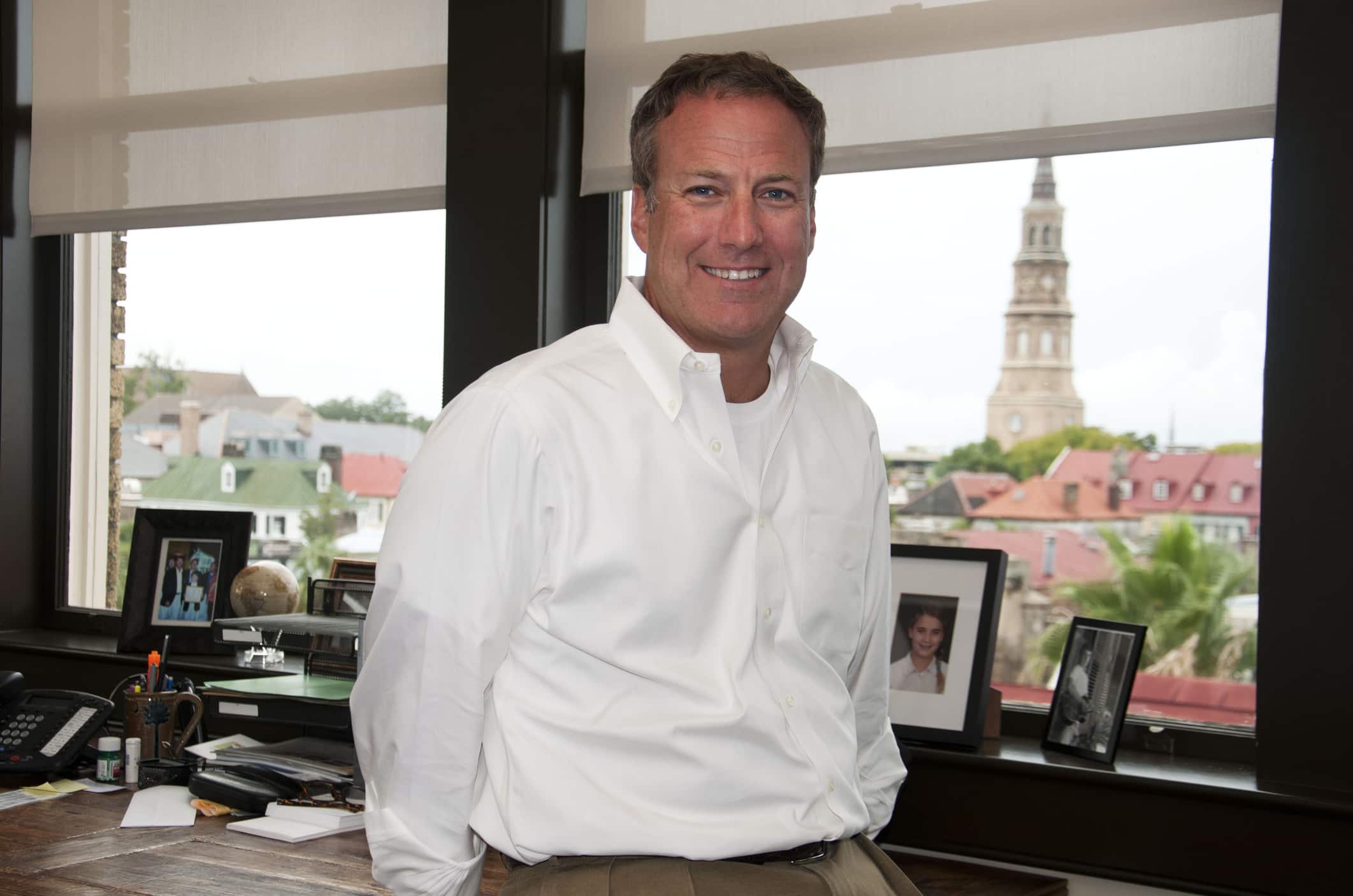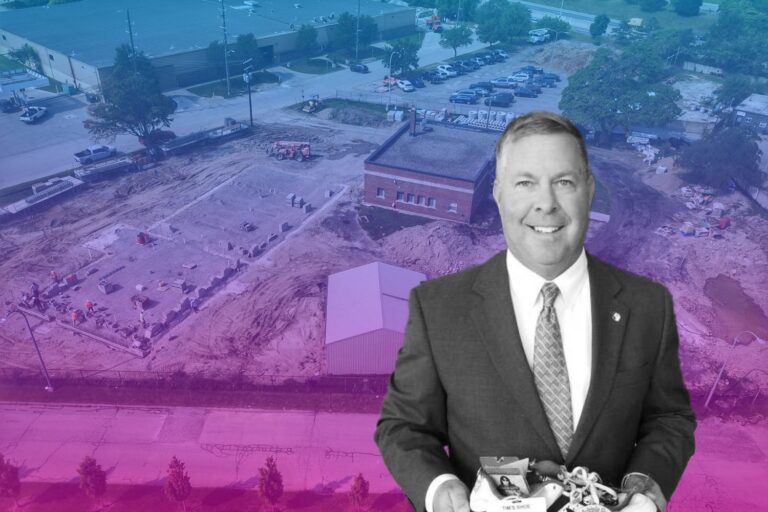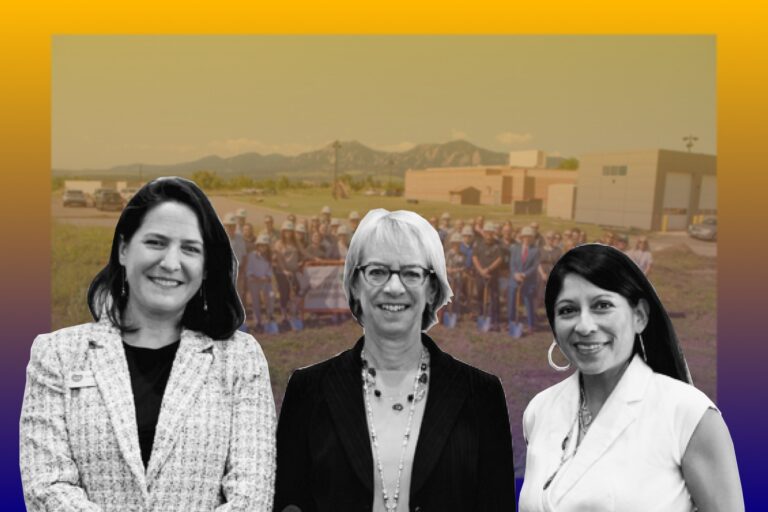Greystar’s Art of Scaling: What Is the Core Principle of Investing?

Founded in 1993 by Robert Faith, Greystar Real Estate is by far the largest property management company in the United State. With more than 415,000 units under management, the company also develops and invest in many of properties it manages.
Based in South Carolina, the company is a key player in the real estate space with more than 8,000 employees and an annual revenue of $523.8 million, according to Dun Bradstreet. For the expansion, lately the company announced to gobbled up investment firm Thackeray Partners – as a bolder print for its national presence.
On the investment platform, the company offers a diversification across multiple geographies, rental housing sectors and risk profiles. According to its site, as of 2021 the company has its investing strategy planned with $27.5B in multifamily, $9.6B in student sector, and $2.9B in active adult.
The First Solid Lesson That Paved the Foundation of Greystar
How Robert Faith found Greystar and marked this company as an influence player of the industry is a long but worth sharing journey. In which he endured all 3 economic downturns, and each has placed in him different lessons.

First is when he graduates with a petroleum engineering degree to follow his father’s footstep and figured out how the industry by then was tanking. “That’s how I switched from one big cyclical industry to another,” he says. The entrepreneur moves on – goes to Harvard business school and join Trammell Crow to be introduced to real estate where he learned an invaluable lesson that helped form the base of Greystar later the day. “That really taught me that, in a cyclical industry, you better have a business model that can allow you to thrive in whatever part of the cycle you’re in,” Faith claims.
By 1991, the S&L crisis had disrupted the real estate market and Faith left Trammell Crow, cofounding Starwood Capital with his Harvard Business School classmate, Barry Sternlicht, in order to take advantage of opportunities created by the market’s disarray.
Till 1993, the entrepreneur went out on his own, purchasing the Greystone Group and combine it with Starwood to name the new company ‘Greystar’. The old lesson was inked in Faith – to him, when you are a stable and healthy business, try to look for the dips in the cycle can be the opportunity to make some strategic moves.
“That gave us a unique niche. In the early ’90s, there weren’t a lot of institutions that owned apartments. So, we looked around and said, ‘Hey, why not us? Let’s go be that company,’”
Do not stop at that, later the day, Greystar founded Homegate Hospitality a building extended-stay hotels for corporate lodging. Eden Care an assisted-living seniors housing company. While fee management is the foundation, the yardstick Faith uses to measure his company grows beyond the traditional bounds of the sector. How do you compare yourselves to other fee managers in the market does not matter; it should be how you compare yourselves to other blue-chip companies in the US or in the world that does. With that mentality, the company grows along Faith.
The entrepreneur also shares what started out as a leasing agent has taught him. As a Harvard graduate thinking himself as a hot stuff, then being thrown out of the offices to wander around as a counselor, Faith recalls there is something about that experience.
It taught him to be a great negotiator. In life when you are sitting across the table from someone and getting them to say yes to something you are trying to get done – that is a potential skill. “That’s true whether it’s a 2,000-square-foot lease you’re trying to get signed or a $1 billion deal you’re closing,” he says. It is how you position what you are doing in a way that make senses to customers that is the art of negotiation.
What Does Innovation Mean in Property Management?

Regardless of industry, the conversation on innovation and adaptability is always rave.
“If you just keep doing the exact same thing over and over, the world’s going to pass you by”
“In business, you have to identify the great trains of opportunity and make sure you’re positioned to get onto them instead of in front of them,” the entrepreneur says.
To Faith his company did not set out to be an innovator – it’s just a manager and investor. But as it engages in data mining and helps seed a startup, the firm’s vision is to understand how to uses data to put it decision making in place.
“Our core as a manager really makes our IQ in all these markets just way smarter on all the decisions we make, whether that be specific property management decisions or whether it’s investment and development decisions, as well,” Tom Bumpass Greystar’s Executive Director says.
With these data, the company try to understand more about the communities it serves, helping it to target unit mix and features in a new development or renovation. Not to mentions how this would allow more hyperlocal, tailored messaging – from a marketing standpoint.
The sharing economy today is more than ever disrupted by technology and raised more questions than answers.
How does the Airbnb model shape services and engagement? To what degree is the owner at risk? Renters undergo stringent background checks, but that’s not so for the Airbnb model. Yet the sharing economy provides a huge opportunity, as well—short-term stays can boost the bottom line.
Which has led the company to invest in a company called Urbandoor that certify for short-term resident with background checks and take off the liability from the manager.
“They work with corporations, mostly people renting corporate apartments, and they’re really trying to allow apartment owners to participate in some of that arbitrage,” Faith says. “They do it in a way where the people coming in are being screened. So, we want to be creative and standing right there at the forefront in trying to figure out how to take advantage of that.”
Even though, Faith says, the company will not grow for growth’s sake. And while the five-year plan does not include any volume targets, the entrepreneur is far from laying back.
“But that’s in a market of what, 26 million institutional apartments in the U.S.?” he asks. “So, when you think of market share, it’s tiny compared to companies like Coke or Pepsi.”
Industry Challenges and the Principle of Building Trust
Upon the multifamily space, Faith tells the challenges he foresees for the organization and how did he get to the top as the nation’s largest apartment manager.

People, to him, is the most valuable component of any business and that is also one of the challenges to the industry. Property management has been more of a mom-and-pop business compared to the commercial side of the business, historically. However, as of now with the increasing institutional ownership of his business, and the demand for professionalism for financial reporting systems.
That is of the challenges this space has to face, it requires players to be able to chase up by educate their people and draw talents out of other industries who can thrive in this type of environment.
It’s not going to be walking in and someone handing you the keys off of a pegboard to go look at an apartment. Today, you’ve got your cell phone and you walk up to a building, and you want to hit an app and figure out what units are available. That takes a different infrastructure, it takes a different kind of person and organization to bring that level of sophistication to your business than what you’ve had.
There is another challenge, the founder considers to be essential.
Even though the supply and demand fundamentals are in great shapes, and rent are increasing across the country, but to Faith the recovery is going to be fragmented across the country based on where you see job and income growth. So, the challenge is that everyone likes the forecasts that rents are increasing forever, but little notice they are going to have corresponding income capabilities of the residents to pay those increased rents.
Especially in the 2021 downturn, or any other before, as part of the real estate space. You have to nurture a comfortable environment where your customers, clients are confidence in their jobs and the economy so they could continue to trust you. Sitting in any recovery sure feels like a bit of a bumpy road, but that is going to have a big impact on how you are going to recover not solely as a company but as an industry.
A Principle of Investing

You will always see an ongoing consolidation in the industry, where a lot of the big buyers are getting bigger and buying more properties. Especially with business like his, where ninety percent of the portfolio is third-party managed property, it’s important that you are buying, but it’s even more important as far as growth to ask if clients are also buying and building.
But buying plainly would not make it, you have to really invest in your platform. At the company, Faith says, even though it did not manage as many of its property across the country – because it did not have a presence in all those markets. Still, he and the team continue to invest in great people and that has given the capacity to be able to grow with a pool of diverse clients.
And there is a principle when it comes to investing as well as reinforcing a long-term success for your business, it’s about how you build trust externally and internally.
“My thought of building trust is you have to live it” Faith says.
As a leader, you announce these are your pillars and core values, and while at it make sure you are working to make those at the forefront of all decisions. The entrepreneur suggests, as how he did at the company, in your year-end reviews, have each team to speak about how they lived up or fell short to upholding your pillars each year. When your values are being emphasized it would make a game-changer for building the culture your organization is aiming for.
The Art of Scaling by ‘Pillarizing’
Says buying is how it grow, but to successfully gobble up different cultures, strange team players and feast them with yours is not easy. Let’s break down what the company has in its art of scaling and acquisition.

The secret sauce is less prescriptive and more philosophical. As the company started to mark on national presence, Faith knows it’s crucial to have all team players to focused on a mission. And that is when developed and began applying the six “pillars of excellence” to everything from employee reviews to deciding when to roll out revenue management programs to making the call on acquisitions opportunities.
With this recipe, after every acquisition there is process called ‘pillarizing.’
A fine example of Faith pillarizing efforts is how he and the team reinvent the company’s technology platform.
The acquisition of JPI brought industry-recognized tech leader Tom Bumpass onboard as chief information officer and also cleared the way for Greystar to fully commit to standardized systems across its portfolio.
“Our technology group has been a massive area of investment for us but became more decentralized than we would have hoped for,” Faith says. Because JPI is well-known for being tech-driven and tech-proficient, so he wants the buys to bring a huge win for Greystar IT infrastructure by paying off in spades across a list of projects.
To Faith, adopting a company-wide culture is the only way a national firm can simultaneously realize scale and retain its identity without becoming a bureaucracy that stifles entrepreneurial ideas and team morale. “When you have 4,200 people in a company, getting everyone to pull behind the same things is critical,” he says.
As successful companies pick a manageable number of objectives and focus like a laser on it, you could try that same formula. Try to evolve how you measure within those pillars but notice the categories themselves are timeless. The gold is to let the concept to pervade your organization so you can have a common performance language that everyone is using.
And the last key challenge left to sort out between JPI, and Greystar is the two’s respective centralized and decentralized regional and market-level asset management models. While the company prefers putting agents on the ground in its business, its acquisition tended to run mid-level strategy and operations from Dallas. Therefore, as trying to become more standardized the company continues keep upper echelon management and, in that effort, sees an equally ripe opportunity to continue to grow via aggressive submarket competitiveness.
What Are the Six Pillars of Excellence?
Mentioned how Faith and his team adore this recipe and take it as a benchmark for everything. Let’s see how it work.
#1 People
How human resources addresses the people pillar might be far different from how property management addresses it, but fundamentally in every part of your business, people should be focused on. Try to have the best individuals across all positions not only by well recruit but also well training.
#2 Customer Satisfaction
Whether it is partners, clients, employees, or on-site residents – internal or external – make sure all efforts ultimately lead to absolutely delighted customers. At the company, customers could be a broad range of people from institutional investor financers to individuals walking into the leasing office. The job here is to identify them and come up with quantitative measurement as to how you are going to keep the satisfy.
#3 Operational Excellence
After all, operational excellence is about getting things done. It’s crucial to keep in mind that consistency is the key for excellence not perfection. Holding yourselves to perfection only sets you up for failure. As property manager, are you generating traffic and getting good closure ratios? As an accountant providing accurate and timely financial statement, what would be the measurements that point towards consistently getting the job done?
#4 Profitability
While other are addressing only on intangibles, Faith says, profitability is quite essential. It has to be addressed, measured, and talked about. Because at the end of the day, you still have to make a profit to be a successful company and invest in your systems and people to continue to be the very best you can be.
#5 Growth
As critical growth is to creates opportunity for people – it is the same for companies. Even just for a quarter of a fraction, if you company is not growing, it’s in trouble. This means you are facing the beginning of stagnation, and the beginning of following the status quo which does not contribute to a healthy organization.
#6 Community Outreach

And the last pillar, the founder talks about how activism within the industry and the public has been a component of his company’s success. To be an influencer, you have to partly take on the responsibility to give back to your community and your industry. Faith says. “We don’t just stress involvement; we grade every Greystar office on it.”
The Bottom Lines
Since 1993, as many challenges and downturns the company and its founder has survived, it only proves how much wiser they are today.
There was plenty of lessons learned along the way from how addressing profitability should be a priority to recipe for successful acquisitions, but the root of it all is originated from the founder’s desire to bring up a business model that can thrive in whatever part of the cycle. Which is all be centralized and reinforced with a secrete sauce system of six pillars.








